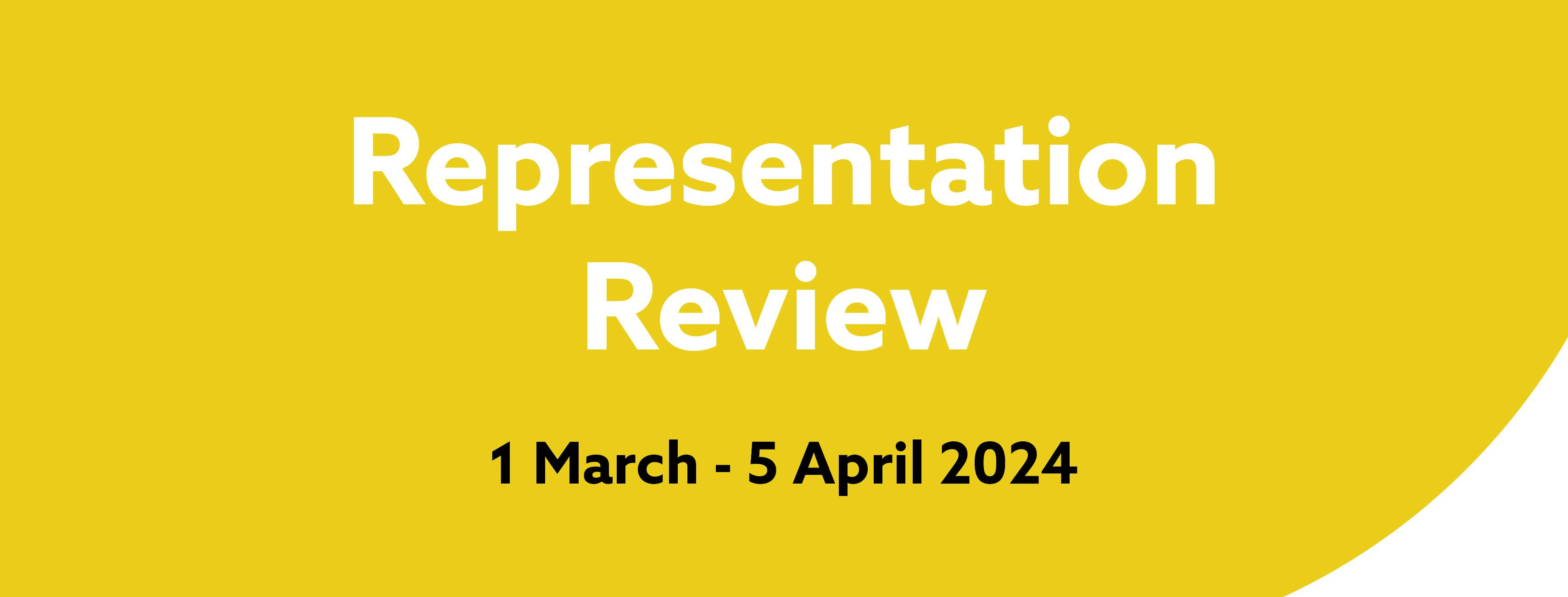FAQs
- A New Zealand citizen (by birth or citizenship ceremony), aged over 18; and
- Enrolled as a Parliamentary elector (anywhere in New Zealand); and
Why are we conducting a representation review?
We are conducting a Representation Review, an essential process required at least once every six years. The purpose of this review is to make sure that the communities in our city are fairly and effectively represented. Any agreed changes will be put in place for the next council elections in 2025.
Why are we reviewing the number of councillors?
We’re reviewing the number of Councillors we have as part of the Representation Review, we want to make sure that the community in Upper Hutt feel fairly and effectively represented.
If we elect more councillors, does this cost the rate payer more?
No, it just spreads the same budget across the councillors.
What is fair representation?
The law requires there to be fair representation for individuals and communities when it comes to electing the mayor and councillors. Fair representation is about each councillor representing an approximately equal number of people.
What is effective representation?
Effective representation is about the total number of councillors there are in relation to things like the size and geography of the area and the diversity of its people. Being effective can be considered, for example, in terms of how easy it is to get in touch with your local councillor or councillors, and how well those councillors are able to represent the range of people and interests in their area.
What is a community board?
A community board are members who are elected to look after local interests in a specific community and act as link between the community and Council. They’re usually established to enable the communities to have their say in local issues.
How is a community board formed?
If the decision is made to establish a community board, the establishment of the community board follows the same process as the rest of the representation review. This means any community board members will be elected the same way as councillors in the 2025 elections.
How many members are there on a community board?
Under the Local Government Act 2002, community boards must have at least four elected members and maximum of twelve, (this includes both elected and appointed members). Currently, we are seeking feedback from the community on the establishment of any community boards, including their role, function, and number of members.
What is the cost of setting up a community board?
The establishment cost of any community board is influenced by the community’s size, and the board’s responsibilities. UHCC will be the primary funding source for any established community boards in Upper Hutt.
What is the difference between a community board and a ward?
A community board are members who are elected to look after local interests in a specific community and act as link between the community and Council. They’re usually established to enable the communities to have their say in local issues.
‘Wards’ are the parts of a Council area that have been determined by population and communities of interest for the purpose of electing representatives to the Council.
Could we have more than one general ward for a specific area?
No, there cannot be more than one ward for a specific geographic area. A ward may contain more than one Council seat.
To be a ward councillor of a geographic area, do you have to live in the area or just own a property?
The requirements to stand for Council are the same for all Council seats. You do not need to live in the geographic area of a ward, to stand for that ward.
To be eligible to stand for election, a candidate must be:
Nominated by two electors whose names appear on the electoral roll within the ward a candidate is standing.
What is a community of interest?
A community of interest is a group of people who have a common geographical, economic, social or historical bond.
Will there by any changes from the Coalition Government position on Maori Wards?
The Coalition Government agreement made public on 24 Nov 2023 include reference to restoring “the right to local referendum on the establishment or ongoing use of Māori wards, including requiring a referendum on any wards established without referendum at the next Local Body elections”. No further guidance has been issued to councils by the Local Government Commission at this point, therefore current legislation applies, which requires that we proceed with the current review and adopt an initial representation proposal by 31 July 2024. There may be some changes as a result of this Government policy in the future, and we will consider this and respond as needed.
Why can’t we do this survey anonymously?
We need to ensure our responses to our survey are verifiable to people in our community. Verification also helps us ensure we are getting a demographically representative sample of our community.
